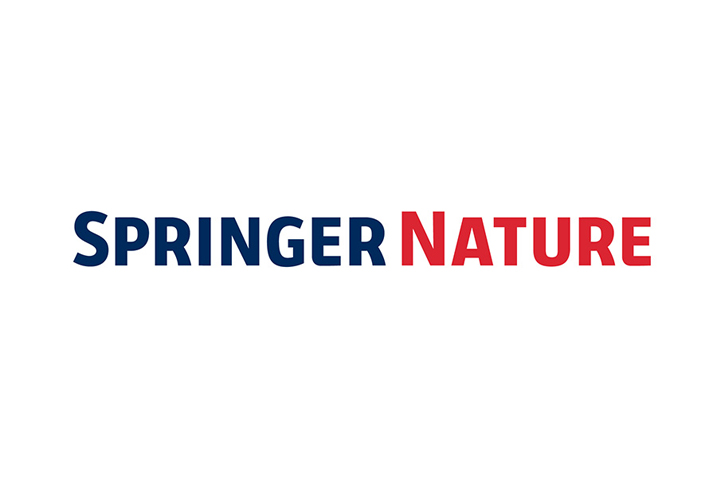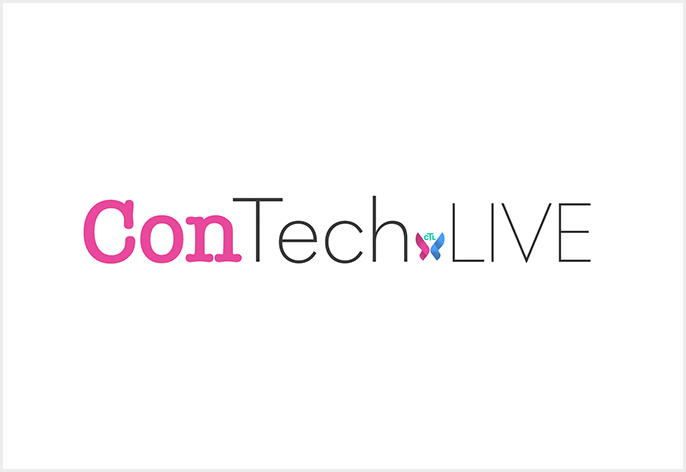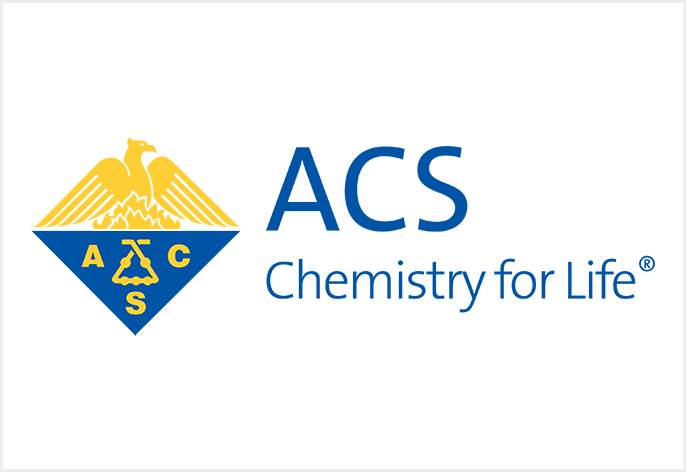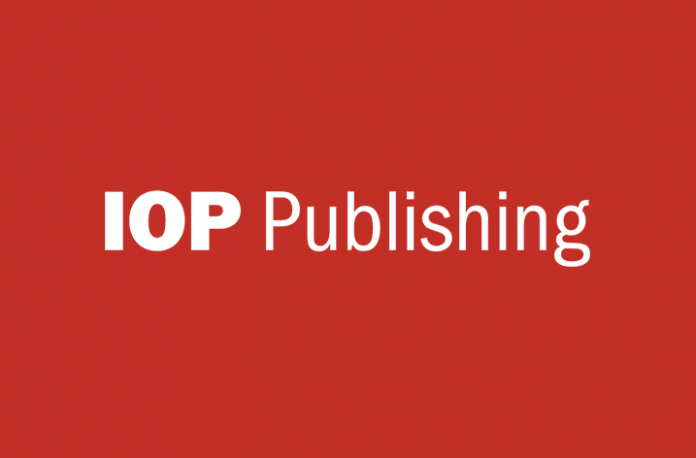More Particle Physics Researchers Supported to Publish OA as Taylor & Francis Confirms Continued Participation in SCOAP3 for Books
Last year, more people in more places read a range of Taylor & Francis high-energy physics books thanks to an innovative crowd-funded open access (OA) initiative. Taylor & Francis has confirmed it will continue to be part of SCOAP3 for Books, as the scheme moves from its pilot phase to an ongoing program of making new eBook releases available to everyone.
The pilot phase of SCOAP3 for Books has demonstrated the power of open access to help authors boost the readership and reach of their books. The average annual usage of the 19 Taylor & Francis titles in the pilot leapt by over 3,000% for 2021 and 2022, compared with the usage in the three years before they were converted to OA. Open access also made these titles available in regions where library budgets are limited, resulting in a five-fold increase in the average number of countries accessing the content.
Based at CERN, SCOAP3 (Sponsoring Consortium for Open Access Publishing in Particle Physics) is a partnership of over three thousand libraries, funding agencies and research centers which supports researchers in high-energy physics to make their work OA.
Sunil Nair, Editorial Director – Science and Medicine Books at Taylor & Francis, said: “SCOAP3 for Books is already making a remarkable difference to the reach of particle physics research, an important field of study that’s helping us better understand our universe and provide practical applications in medicine, computing and industry. That’s why we’re delighted to continue our partnership with SCOAP3, as the pilot develops into a fully-fledged OA initiative. We’re also grateful to all the members of SCOAP3, whose support for open access makes the latest eBooks available to anyone without restriction and helps knowledge makers maximize the impact of their research.”
Dr. Kamran Naim, Head of Open Science at CERN, added: “We are thrilled to be partnering with Taylor & Francis to make important scholarly textbooks and monographs open access through the SCOAP3 for Books initiative. The impact on readership for books (13-fold increase in downloads for books in the pilot) has been remarkable, proving the demand for quality scholarship across the globe. The SCOAP3 for Books consortium looks forward to continuing this partnership to support the needs of students, researchers and educators worldwide”.
Having proved the positive impact of its open access funding, SCOAP3 for Books will now prioritize making frontlist titles OA, rather than converting existing eBooks. Monographs and textbooks selected by SCOAP3 will be made open access at no cost to their authors. SCOAP3 aims to complete the selection process and inform publishers of the titles that can receive OA funding by the end of August, 2023.
Taylor & Francis has one of the largest open access books programs, which enables authors and their funders to publish open access single- or co-authored books, edited collections and individual chapters. Upon publication, OA titles and chapters are made available in digital format to read and download freely under a Creative Commons license. Responding to feedback from institutions, funders and knowledge makers, the range of innovative Taylor & Francis OA book publishing options continues to evolve, offering choice, sustainability, impact and value.

































